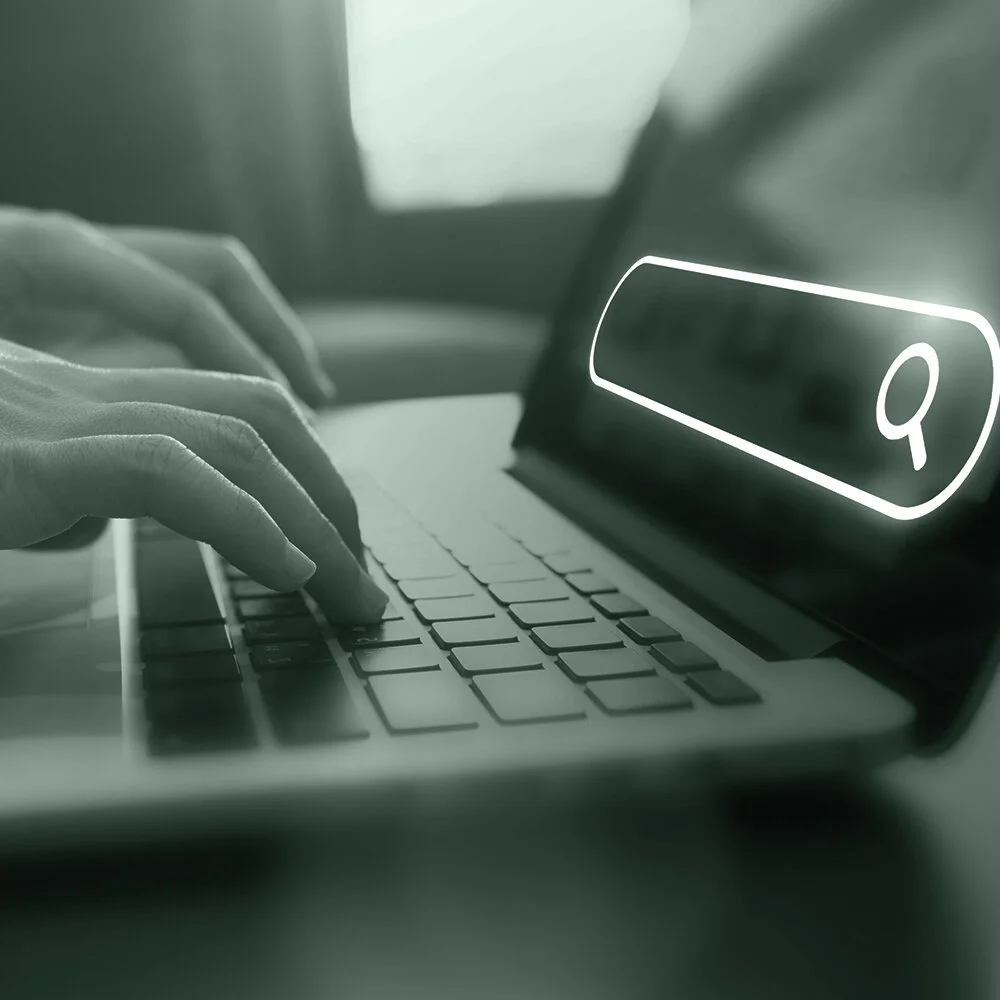What to Do After You File Your Investigation Report
/As a fraud investigator, you may be used to being given a case, investigating it, submitting a report with the findings and then moving on to the next case with little follow up on what the result of the report was. But what happens after the report is filed may be just as important for the organization as the investigation itself.
Sherman McGrew, J.D., CFE, highlighted the importance of what happens after an investigation in his virtual session at the 2020 ACFE Fraud Conference Europe. McGrew, who is a program analyst at the U.S. Transportation Security Administration (TSA) walked the audience through the practical steps of investigating a fraud allegation. Although many fraud examiners may be removed from the process after the investigation is complete, McGrew urged them to make a few recommendations to their employers before they’re completely done with the process.
Read More








